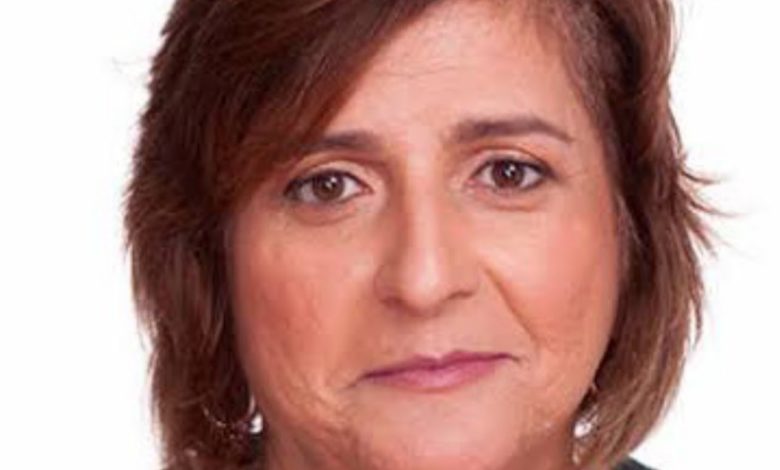CPJ’s Angela Quintal Restates Commitment To Fight For Journalists’ Rights

Angela Quintal, head of the Africa programme at the Committee to Protect Journalist (CPJ), has reiterated her commitment to keep fighting for the rights of journalists.
Quintal, in a recent interview, reflected on the travails of journalists in 2020 especially with the pandemic, as well as her own personal motivations for ensuring that journalistic truths are preserved.
“It has been an intense year because of Covid, but some things have been problems for a long time already,” Quintal said.
She narrated a stand-out experience that opened several learning layers for her. The incident echoed the words of her late father, who had warned her about the perils of the profession.
It was in Tanzania two years ago when she and Kenyan colleague Muthoki Mumo’s investigation about journalist Azory Gwanda’s disappearance in 2017 led to the pair being detained by Tanzanian authorities.
Gwanda was a freelance journalist who had at the time of his disappearance had been working on stories about the murder of local government officers by unidentified assailants.
The Tanzanian government has still not given credible or detailed reports on investigations into what happened to Gwanda.
“When they entered our hotel room I managed to get an SOS out to the CPJ head office, also to my partner,” she says, before government strongmen shut down their communications, harassed and assaulted them for several harrowing hours.
According to Quintal, the experience allowed her to understand layers of privilege – from her skin colour, to having the backing of an organisation and network, to the passport she holds or living now mostly in New York.
She also understood the fear and vulnerability of those who are not “celebrity journalists” or who don’t work for a publication with prominence or clout.
“That is why we work to make the names of these journalists known, to make sure that they know we are not going to stop fighting for them. We will not allow them to be forgotten or to rot in jail,” she added.
Quintal also reflected on her father’s last words to her. She recalls that it was the night of Chris Hani’s funeral in the winter of 1993. As a reporter, she had covered the proceedings.
Her father called and passionately pleaded for her to quit journalism as it was too dangerous. Quintal hung up and said she pulled the phone cord from the wall.
Originally on the path of being a human rights lawyer, she pursued an LLB and continued with an LLM, focused on constitutional law.
Quintal recounts that when her thesis did not materialise, she had a breakthrough moment and decided to pursue journalism.
“It was a state of emergency and if you were reading the newspapers you could not have been anything but aware of what was going on. I thought ‘what am I doing here in my ivory tower, pursuing my LLM when I should be out there?’ ” she said.
She was a career journalist and editor at The Mercury and Mail & Guardian before taking up the CPJ role based in New York in 2016.
The CPJ is an American independent non-profit, non-governmental organization, based in New York City, with correspondents around the world. CPJ promotes press freedom and defends the rights of journalists.
According to Quintal, the CPJ role is one of those full-circle moments in her life. It merges her two loves – journalism and human rights.
Support Our Journalism
There are millions of ordinary people affected by conflict in Africa whose stories are missing in the mainstream media. HumAngle is determined to tell those challenging and under-reported stories, hoping that the people impacted by these conflicts will find the safety and security they deserve.
To ensure that we continue to provide public service coverage, we have a small favour to ask you. We want you to be part of our journalistic endeavour by contributing a token to us.
Your donation will further promote a robust, free, and independent media.
Donate HereStay Closer To The Stories That Matter




